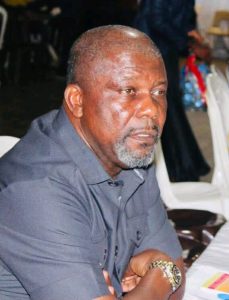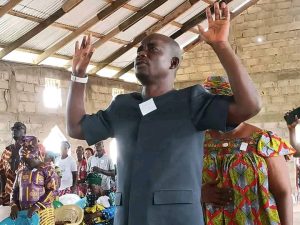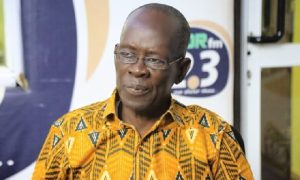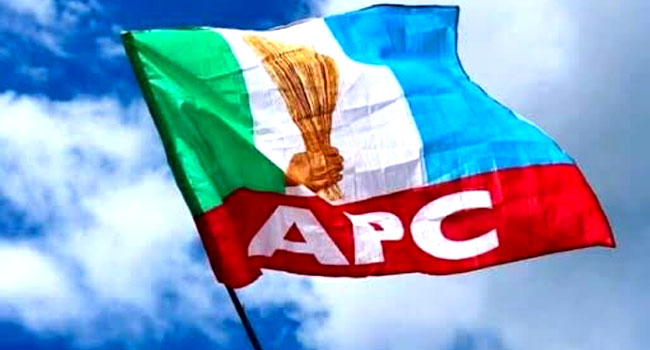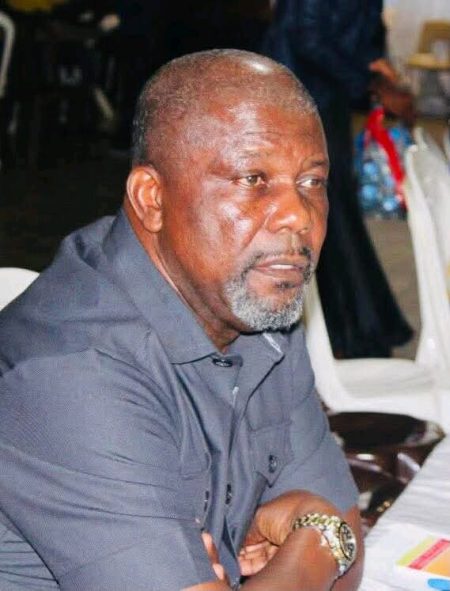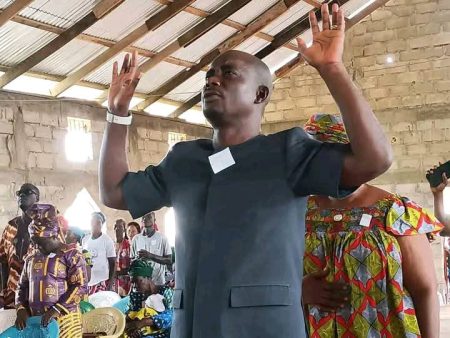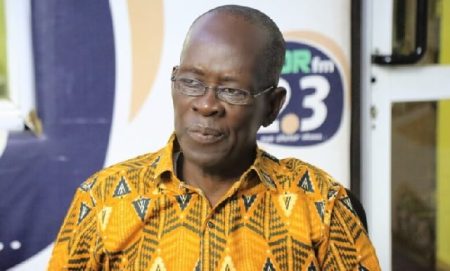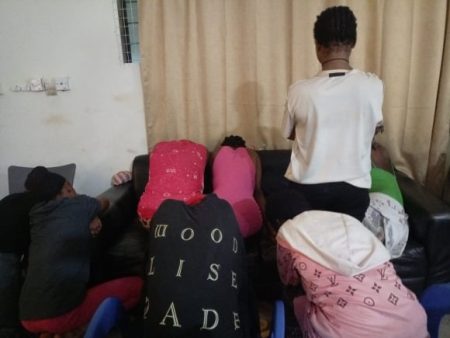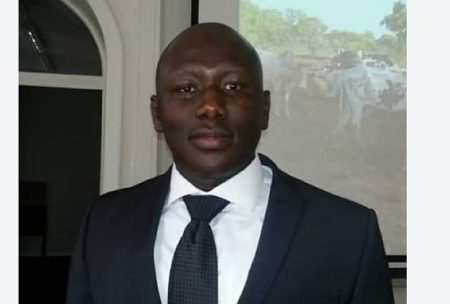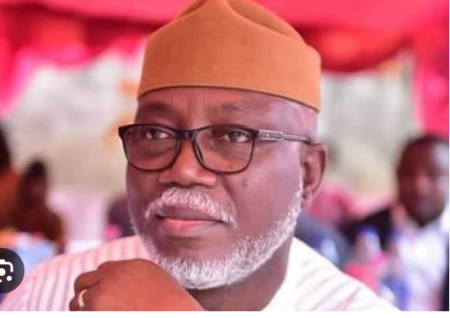Internal Strife Plagues Ruling APC Despite External Gains
The All Progressives Congress (APC), Nigeria’s ruling party, finds itself grappling with a surge of internal conflicts despite its dominance at the federal level and control of 23 state governments. Factions, legal disputes, and leadership tussles threaten to destabilize the party’s foundation as the 2027 general elections draw nearer. This internal turmoil undermines the party’s outward appearance of strength, fueled by recent defections from opposition figures. Concerns are rising about potential defections from within the APC ranks, particularly among legacy members from the defunct All Nigeria People’s Party (ANPP) and Congress for Progressive Change (CPC), as power struggles intensify and a revitalized opposition, led by Atiku Abubakar, gains traction.
The resignation of Abdullahi Ganduje as national chairman further complicates the APC’s leadership woes, notably in Kano State, where political tensions remain high. Factional battles have paralyzed party operations in states like Benue, Rivers, and Lagos, demanding intervention from the national leadership to avert further damage to the party’s electoral prospects. Speculation swirls around a potential rift between President Bola Tinubu and Vice President Kashim Shettima, despite their public displays of unity and the recent appointment of Prof. Nentawe Yilwatda as the new APC national chairman. While the party’s official spokesperson downplays the severity of the situation, citing internal mechanisms for conflict resolution, multiple sources reveal the extent of the discord and the behind-the-scenes efforts by influential party members to mediate and broker peace.
Lagos: A Battleground Within the Ruling Party
Lagos State, a traditional APC stronghold, exemplifies the party’s internal struggles. Earlier this year, a leadership crisis engulfed the state House of Assembly, with factions attempting to remove Speaker Mudashiru Obasa. Intervention from national party leaders, including President Tinubu, restored Obasa to his position, but the underlying factionalism persists. The two dominant camps, the Justice Forum and the Mandate group, continue to clash. Recent protests against state party chairman Cornelius Ojelabi over alleged imposition of candidates during local government elections highlight the deep-seated grievances. Accusations of bias and favoritism towards the Justice Forum threaten to further divide the party. Despite Ojelabi’s dismissal of the protests, influential voices within the party, like Chief Muraina Taiwo of the Governor’s Advisory Council, echo the calls for his removal, warning of dire consequences for the 2027 elections if the internal divisions remain unaddressed.
Rivers and Benue: Leadership Disputes and External Influence
In Rivers State, the APC’s internal crisis has deepened following local government election primaries. The struggle for control between the factions led by Tony Okocha and Emeke Beke continues, despite court rulings and pronouncements from the national party. Beke accuses the national secretariat of bias and alleges interference by FCT Minister Nyesom Wike, a former PDP governor, aimed at weakening the APC in Rivers State. The situation is further complicated by allegations of manipulation of primaries and the imposition of candidates loyal to Wike in both APC and PDP. While Beke denies plans to leave the APC, the persistent disregard for court rulings and the alleged manipulation of the electoral process fuel discontent.
The Benue State APC remains fragmented between Governor Hyacinth Alia and Secretary to the Government of the Federation, Senator George Akume. Despite President Tinubu’s calls for reconciliation, the two factions, led by Benjamin Omale (loyal to Alia) and Austin Agada (loyal to Akume), remain entrenched. While there have been gestures of reconciliation, such as Alia’s visit to Akume, concrete steps towards unifying the party appear stalled. Competing claims of legitimacy and accusations of insincerity hinder progress, with both factions asserting their control over the party machinery. The involvement of former governors Samuel Ortom (PDP) and Gabriel Suswam (ADC) in supporting the opposing factions adds another layer of complexity to the already fractured political landscape.
Akwa Ibom, Bayelsa, and Delta: New Entrants Disrupt Existing Power Structures
In Akwa Ibom, the influx of new members following Governor Udom Emmanuel’s defection to the APC has triggered tensions with long-standing party members. Concerns over the allocation of political positions, particularly the possibility of automatic tickets for the new entrants, threaten to alienate loyalists and spark further defections. The perceived marginalization of the old guard creates resentment and fuels accusations of a “hostile takeover” by the new members.
Bayelsa State witnesses a power struggle between Senator Heineken Lokpobiri and former governor Timipre Sylva for control of the state APC. Suspensions of party members, legal challenges, and accusations of anti-party activities have exacerbated the internal rift. The lack of official responses from the state party leadership further obscures the situation.
In Delta State, Governor Sheriff Oborevwori’s defection from the PDP to the APC has disrupted the established power dynamics, challenging the dominance of Senator Ovie Omo-Agege. While Omo-Agege publicly calls for unity, a coalition of concerned stakeholders has raised alarm bells about the potential fallout from the defections. They accuse the party leadership of a lack of transparency and warn of the risks of sidelining loyal members. This situation echoes the concerns in Akwa Ibom, highlighting the challenges of integrating new members without alienating the existing base.
National Implications and the Opposition’s Resurgence
The widespread internal conflicts within the APC raise questions about the party’s long-term stability and its ability to retain power in the 2027 elections. The loss of key figures like former President Buhari removes a unifying force, potentially emboldening dissenting voices and creating further fragmentation. While party leaders dismiss concerns about the CPC bloc’s loyalty, the potential for splintering remains a real threat. The opposition, meanwhile, seeks to capitalize on the APC’s internal disarray, presenting itself as a viable alternative. The emergence of new political coalitions and the re-energized opposition under Atiku Abubakar pose a significant challenge to the APC’s dominance.
The APC’s ability to effectively manage these internal crises will be crucial for its future. Balancing the interests of different factions, addressing legitimate grievances, and fostering a sense of unity will be essential to prevent further erosion of the party’s support base. Failure to address these internal challenges could pave the way for a resurgence of the opposition and jeopardize the APC’s prospects in the upcoming elections. The party’s leadership faces the difficult task of reconciling competing ambitions, upholding internal democracy, and presenting a united front to the electorate. The success or failure of this endeavor will significantly shape the political landscape in the years to come.


